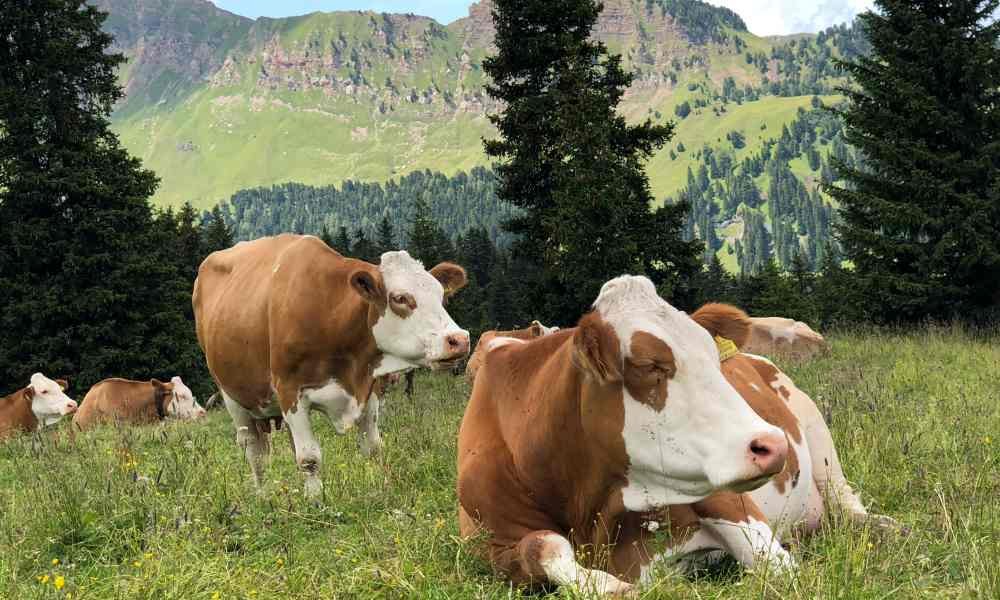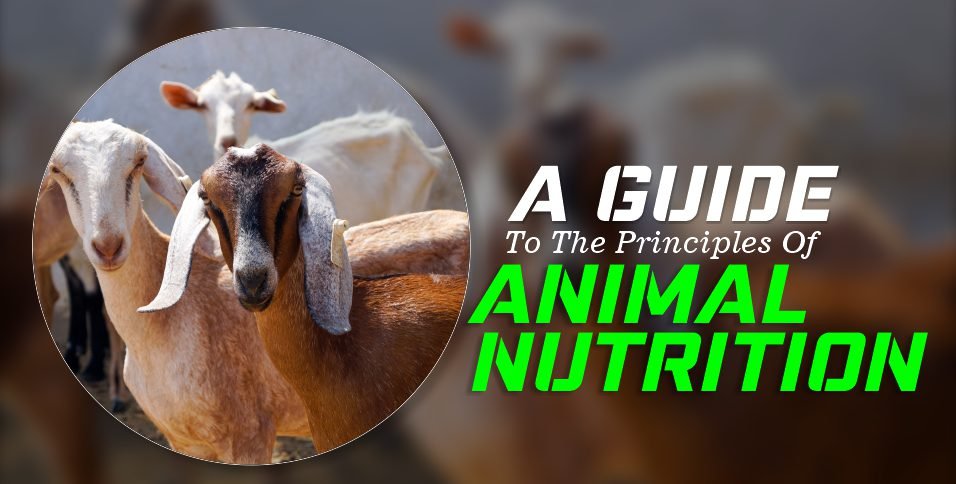Information regarding animal nutrition is quickly and readily available and accessible. So much has been written concerning the subject. Books and seminar papers have dealt sufficiently with the topic. This has yet to eliminate the challenges livestock farmers and food producers face in food processing.
The science of animal nutrition attempts to resolve the problems of food production and the challenges caused by farm practices. With the rise in agriculture and food processing, nutrition science helps to manage the health and environmental impact these activities may have.
Understanding how nutrition or its study relates to the human body and the connection with solving the health problems associated with it is critical. Ussoy.org plays a vital role by providing the best feed and animal nutrition innovations.
What is Animal Nutrition?
Nutrition in humans and animals means eating healthy and balanced food. Nutrients are necessary ingredients the body needs to function correctly. Animal nutrition, therefore, refers to the diet containing all the essential elements the animal needs – fluids, minerals, vitamins, etc. to grow efficiently.
In dealing with animal nutrition, this article will consider the principles and guides to the elements that enable the animal to grow, develop, reproduce, and the immunity to fight infections.
Animals, like humans, depend on nutrition to stay alive. We will focus this piece on studying the nutrients in food, how they affect the body and their relationship with animal health.
Agriculture classifies animal nutrition into about five categories. They are called the principles of animal nutrition. They are:
- Carbohydrates
- Proteins
- Vitamins
- Minerals
- Water
We shall take them one after the other but not according to importance.

Carbohydrates
Carbohydrate, also known as energy source, provides strength to the body. This energy enhances the movement of the body. Without energy, the body cannot function. When carbohydrates are excessive in the body, they are stored as fat.
They can be found in plant-based food. They act as the fuel the body needs. They include starchy foods, grains, bread, vegetables, nuts, milk, fruits, etc.
Some carbohydrates are full of fiber and can help reduce the risk of heart diseases, protect against obesity, and type 2 diabetes, aid digestion, and maintain average blood levels.
Protein
Proteins consist of 20 amino acids. They are the components responsible for the building and repair of body tissues.
They enable the internal organs, like the digestive system function effectively. Every cell in the body has proteins. Proteins are essential to meet the health needs of the body.
They can be found in animal and plant sources. They help in hormone production and the building of enzymes; enzymes help to digest carbohydrates and fats. They play a critical role in muscle contraction and relaxation.
Proteins contain antibodies that help to fight invaders by boosting the immune system. Meals rich in proteins provide strength by making the body whole and more satisfied. Familiar sources of proteins include meat, fish, vegetables, eggs, dairy, fruits, etc.

Vitamins
According to nutritionists, vitamins are the substances the body needs for normal cell function, growth, and development. The body requires vitamins to work correctly.
Some ingredients that makeup vitamins are vitamin D, magnesium, calcium, zinc, iron, folate, and vitamin B-12. Vitamins are necessary because they do an essential job in the body.
They can be found in plant and animal sources and dietary supplements. Vit deficiency can cause health problems such as heart disease, cancer, and poor bone development. The body needs a small number of vitamins in the daily diet because they are not easily broken down.
Vitamins consist of two solubles, water, and fat solubles. Water solubles dissolve quickly in the body, while fat solubles are stored in the body and not easily excreted from the body.
Minerals
The body requires minerals to develop and function properly. They are the essential elements the body needs to stay healthy. They are responsible for making hormones and enzymes.
Some minerals the body requires are iodine, iron, zinc, magnesium, copper, fluoride, sodium, chloride, and much more. They help to keep the brain, muscles, heart, and bones working.
According to nutritionists, there are two types of minerals, macrominerals and trace minerals. The body needs a large number of microminerals and a small number of trace minerals.
Water
Water is the most essential of all the nutrition the body needs. Water helps to sustain life. Water helps to maintain balance and keeps the body at a relatively low temperature. It helps in circulating all the other nutrients around the body.
Some animals drink a lot of water. Fresh water intake will enhance their performance. Water helps the digestion and absorption of feed. Water depletion affects the animal’s health and can lead to various diseases.
Water helps to keep the body hydrated. The body contains about 60% water. The quality of the water is also a vital aspect to consider. Water intake must be clean and free from contamination to avoid health problems such as infertility, disease, and low yield.
Importance Of Nutrition in Animals
It is important to study animal nutrition because nutrients are essential to the animal’s health, survival, and growth. One of the purposes of animal farming is reproduction to meet society’s food needs.
Nutrients provide the necessary dietary needs of the animal to stay healthy. Due to farmers’ feeding patterns in growing livestock, sustaining a balanced diet is essential. Any deficiency in the diets of the feed can affect their health and reproduction.
Conclusion
Understanding and applying the principles of animal nutrition helps to prevent malnutrition, combat diseases, and deficiencies, and increase productivity. Nutrition is key to the overall well-being and success of livestock production. Providing the proper diet with the appropriate quantity is essential in livestock farming.















